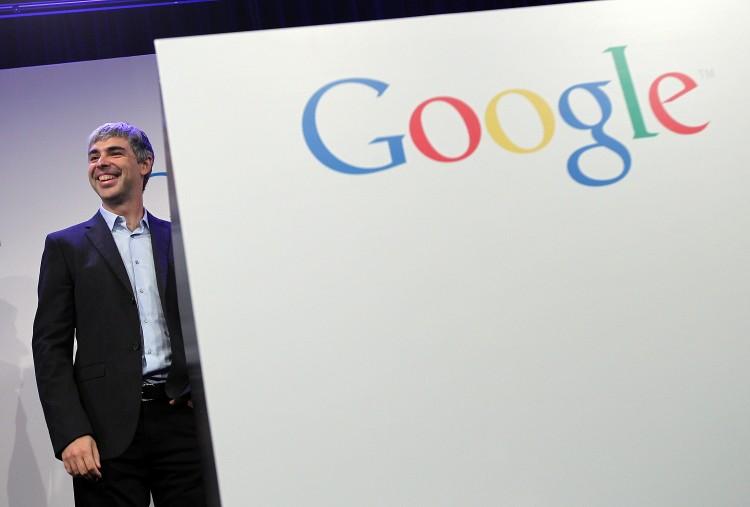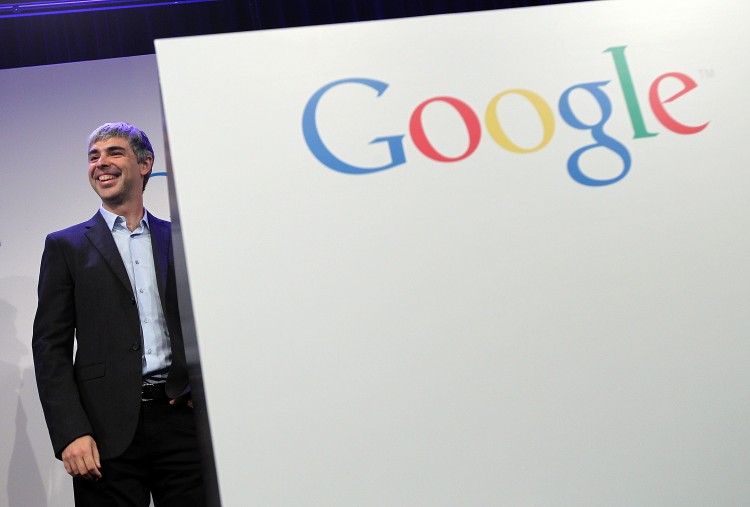After almost two weeks of deliberating over the patents involved in the Google Inc.-Oracle Corp. Android case, the jury came into the court on Wednesday morning with a verdict.
The result? The jury found that Google did not infringe on any of the patents being asserted by Oracle.
Google immediately released a press statement in response to the verdict, stating: “Today’s jury verdict that Android does not infringe Oracle’s patents was a victory not just for Google but the entire Android ecosystem.”
Google had previously invalidated multiple patents that Oracle had used in the litigation, leaving Oracle to assert two patents in the trial phase.
One of the patents (the ‘104 patent) had also been preliminarily invalidated by the U.S. Patent and Trademarks Office (USPTO), which means any win on that would have been limited, but the jury had not been told about that during the deliberation phase.
Oracle had to prove that Google infringed on all of the claims asserted during the patent phase, and the patent part of the trial was oftentimes highly technical and involved. The patents involved intricate things such as memory management, computer stacks, compilation and binary objects. Oracle asserted that Google infringed on the patents, while Google defended that its Android operating system did not use any methods described in the patents.
The patent verdict means that the one and only win that Oracle has standing at this point is that Google infringed on 9 lines of code—out of a total 15 million lines of code in Android. That means the maximum damages that Oracle could win at this point is $150,000 for statutory damages related to copyright violations—if that, given the size of the infringement and the complicated ownership history behind the rangeCheck computer function that is in dispute.
Oracle had earlier pressed on getting infringer’s profits after the results in the copyright phase of the trial, but that took the judge by surprise, and he came down hard on Oracle’s lawyers for thinking they could even get away with that. Infringer’s profits would mean that Oracle would get a percentage for infringement for each product Google has sold. Assuming that Google had made $15 billion from Android, Oracle would only be getting $9,000 on infringer’s profits. Additionally, given that Google gives away Android for free - making revenue indirectly off ads and more recently its Android Market and Play Store—it makes it even more complicated for Oracle to establish any decent amount of infringer’s profits.
Both sides have already been estimated to have spent millions of dollars in the litigation phase, and neither of them showed signs of backing down before the trial.
Copyright Damages
Once the verdict was in, the jury was immediately dismissed by Judge William Alsup, meaning that they will no longer be retained for what could have been a third phase related to damages. This means that if there are any damages to be sorted out related to the 9 lines of code, the judge would decide the damages.
The judge also has to rule on the issue of application programming interface (API) copyrightability. In the first phase of the trial involving copyrights, Judge Alsup had asked the jury to deliberate about infringement assuming that APIs were copyrightable, but the jury came back with mixed verdict, finding that Google had infringed on copyrights based on the API assumption, but could not determine whether it counted as fair use or not.
The jury had also found that Sun Microsystems (then-owners of the Java platform before the Oracle acquisition) had led Google into believing that it could use certain parts of Java without a license, which limited Oracle’s small victory in the copyright phase of the trial.
The verdict brings to an end this phase of what the judge had called the “World Series of IP trials” which started in 2010 when Oracle sued Google over its use of certain Java functionality in the Android operating system. The trial finally started in April 2012 after both sides appointed experts and counter-experts to estimate whether or not Google had infringed, and if so, the range of damages.
Judge Alsup had also ordered the CEOs of Google and Oracle, Larry Page and Larry Ellison, respectively, to have a face-to-face meeting just before the trial started, to see whether a pre-trial settlement was possible. When neither side budged, the trial started.
“This is the longest civil trial I’ve been in,” Judge Alsup, who has served for over a decade in his position, is reported by Wired News as having said to the jury as he dismissed them. The trial itself has lasted nearly a month, with long, drawn-out and sometimes highly technical presentations by both sides, as well as at least a week of deliberations in both the copyright and patent phase by the jury.






